Wisconsin Pride – AIDS & ACT UP
§ §
[heart monitor beeping]
Dave Iverson: Wisconsin registered its first official case of AIDS, an epidemic that has resulted in nearly 500 deaths, mostly among homosexual men.
David Clarenbach: The AIDS crisis hit like a bolt of lightning.
Dick Wagner: We just felt that we were under siege. Seeing our community dying around us.
Narrator: Among that community was Alyn Hess, co-founder of Gay People’s Union. And in San Francisco, Wisconsin native and trans pioneer Lou Sullivan.
Lou Sullivan: I discovered that I had AIDS. I was diagnosed with AIDS.
Brice Smith: It was just heartbreaking, gut-wrenching. So many obstacles to overcome in order to transition, only to be diagnosed as having AIDS.
Dick Wagner: They tried to deny him to live as a homosexual, but he would die as a homosexual.
Narrator: From the outset of the AIDS crisis, a second epidemic was born; one of fear.
We got a lot of homophobia floating around, and it doesn’t surprise me.
It’s almost like being a leper in olden times. You go put them in the dirtiest parts of the village and keep them away from society.
[heart monitor beeping]
Person with AIDS: I wouldn’t even feel free to hug somebody. Just because they got the scare in you, I guess. I don’t know.
[monitor beeping]
Narrator: As the disease spread throughout the country, Wisconsin remained committed as the “gay rights state.” In 1983, newly-elected governor, Tony Earl, formed the Council on Gay and Lesbian Issues. A group that helped lay the groundwork for a public health response to the deadly disease.
David Clarenbach: Governor Earl was such an outspoken supporter of the gay and lesbian community
Narrator: By 1985, he signed legislation that protected the confidentiality of people who tested for the virus. And in 1990, the state’s next governor, Tommy Thompson, signed the AIDS Bill of Rights, which prohibited insurance companies from discriminating against people with AIDS.
Anchor: The bill is believed to be the first of its kind in the country.
David Clarenbach: People weren’t going to be fired from their jobs or denied health insurance coverage because of their HIV status.
Narrator: Legal protections were guaranteed in Wisconsin. But with no cure, the deadly crisis continued into a second decade.
Dave Iverson: Reporting on AIDS is a little like reporting on war: a grim listing of the latest statistics.
David Clarenbach: Unfortunately, ongoing, continuing crises are easily forgotten.
Protester: We’re here today to protest the city of Milwaukee’s callous indifference to the AIDS crisis.
Narrator: The next generation of activists fought public fatigue with confrontational and attention-grabbing actions.
Anchor: AIDS activists passed out more condoms and pamphlets at a Milwaukee high school this morning.
David Clarenbach: Organizations like ACT UP kept the spotlight focused on the AIDS Crisis and how it was affecting the real lives of real people.
Narrator: In Madison, ACT UP led a massive protest over conditions for inmates with AIDS. The event brought hundreds to the Capitol, including future advice columnist Dan Savage and longtime activist Judy Greenspan.
Judy Greenspan: AIDS in prison is a death sentence. I visited a lot of prisons. I met with a lot of prisoners with HIV. They were not getting medications. They were being segregated.
Dick Wagner: All they got for lunch and dinner was peanut butter and jelly sandwiches that would be shoved at them.
Narrator: ACT UP responded with a special delivery to the State Capitol. Hundreds of peanut butter sandwiches and a series of public protests.
[protester calls out on megaphone]
Judy Greenspan: It was an in-your-face action to say, “Look, stop this. It’s outrageous”. How they were treating prisoners with HIV was absolutely horrible.
[crowd chanting “Shame, shame, shame!”]
Dick Wagner: The activism and the legislative victories were an effort to try and do something positive in the face of what was still a terrible epidemic for the state to face.
Kristen Whitson: There’s not a silver lining to it. But if there was one, it’s that the LGBTQ+ community was united, galvanized, and motivated.
Narrator: The spirit of activism continued into the 1990s. Protestors in Wisconsin led a nationwide effort to push back against the military’s refusal to accept gays and lesbians. In 2011, LGBTQ+ people could finally serve openly. And in 2022, Senator Tammy Baldwin guided federal legislation that was signed into law, protecting same-sex marriage, part of the ongoing pursuit of civil rights.
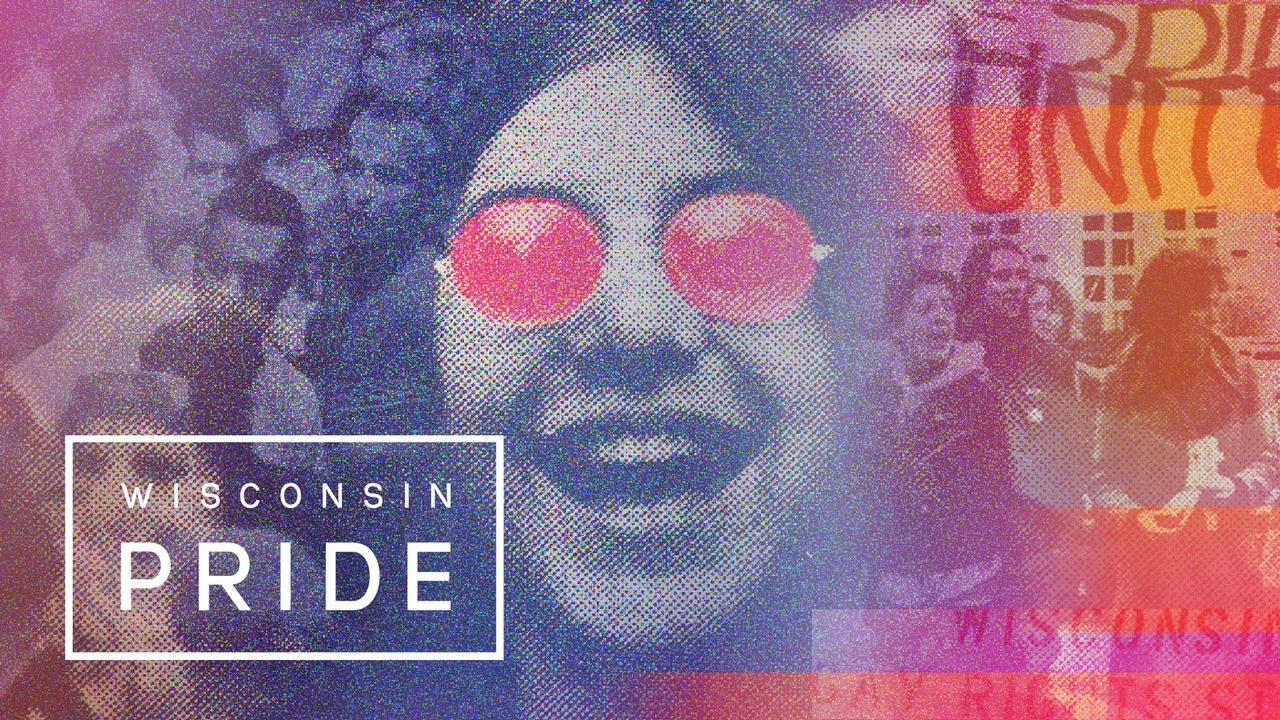
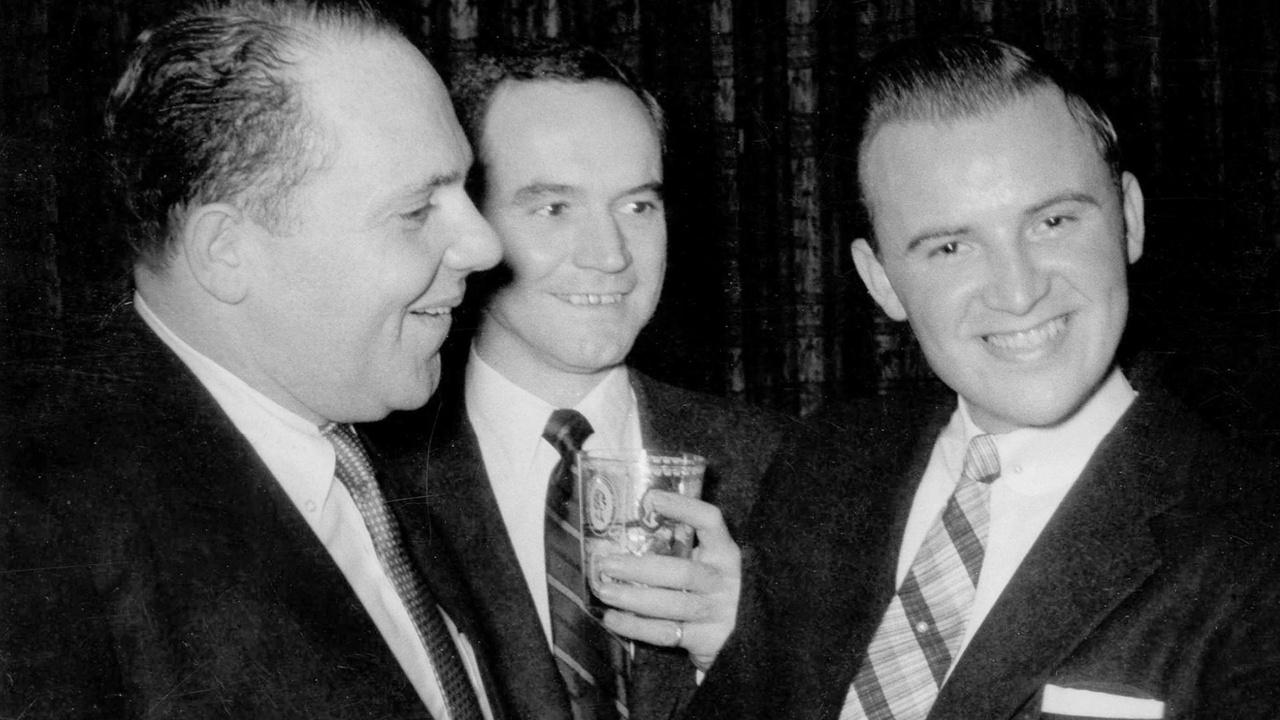
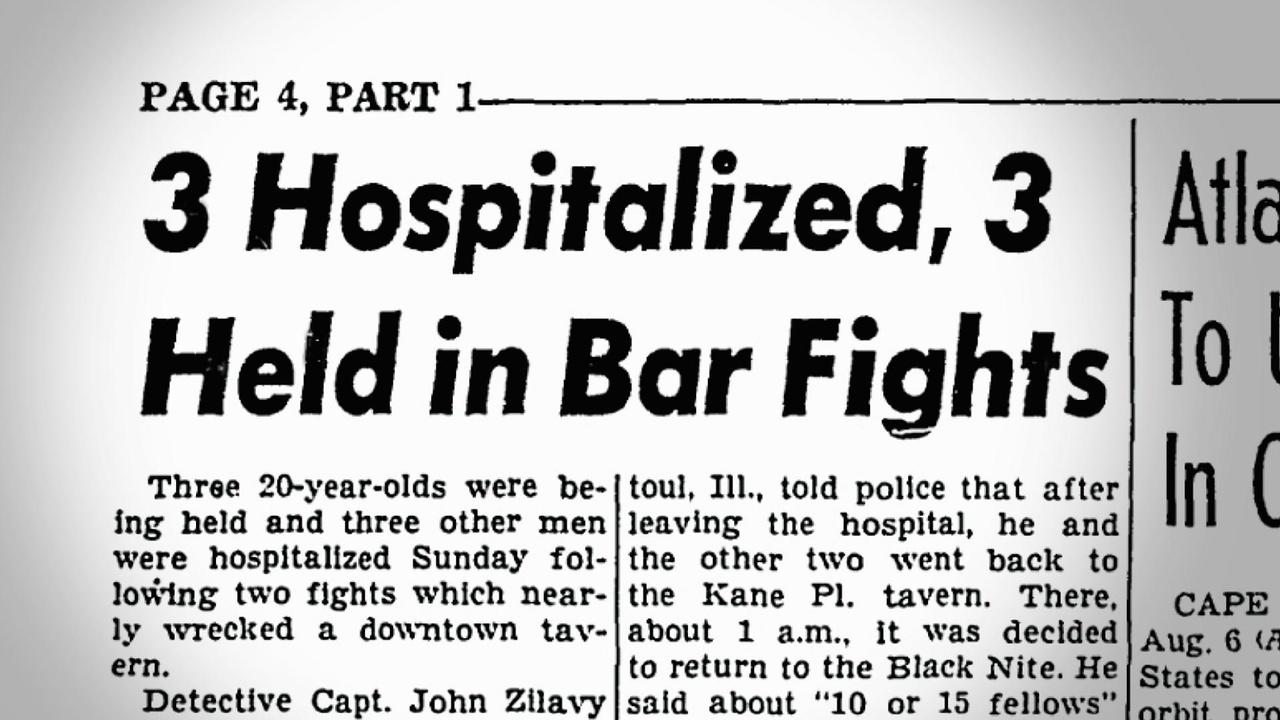
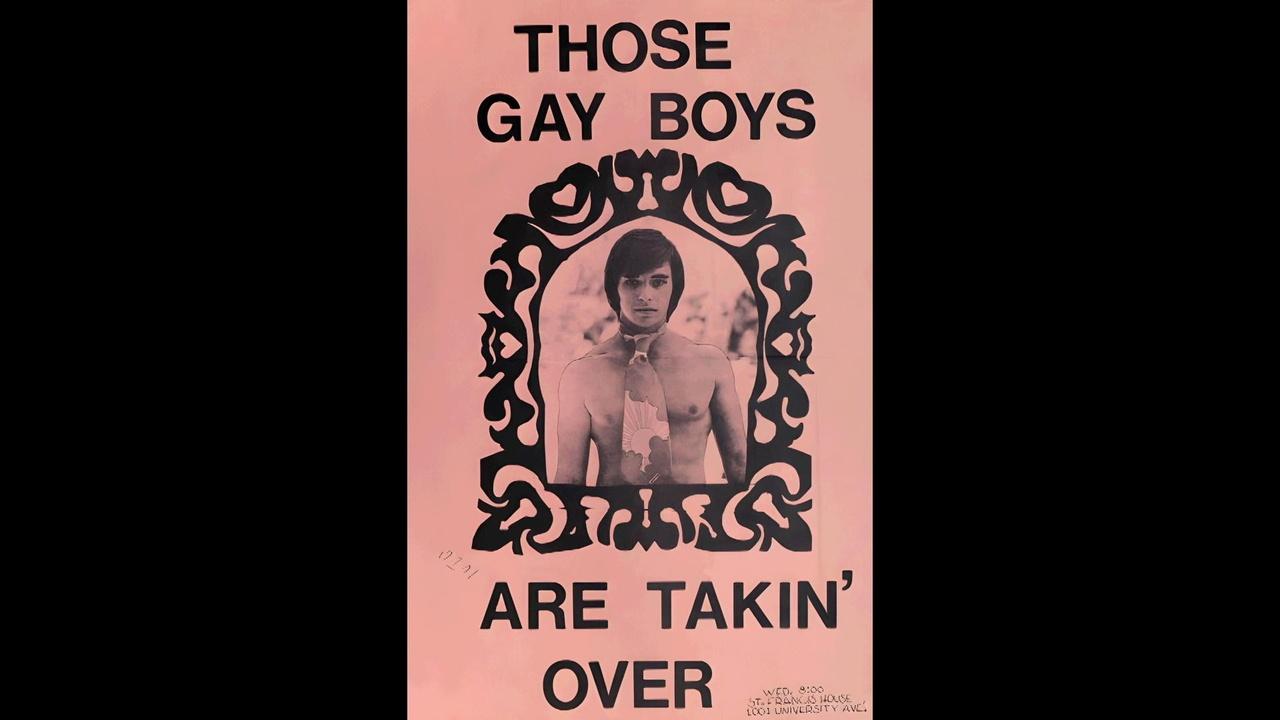
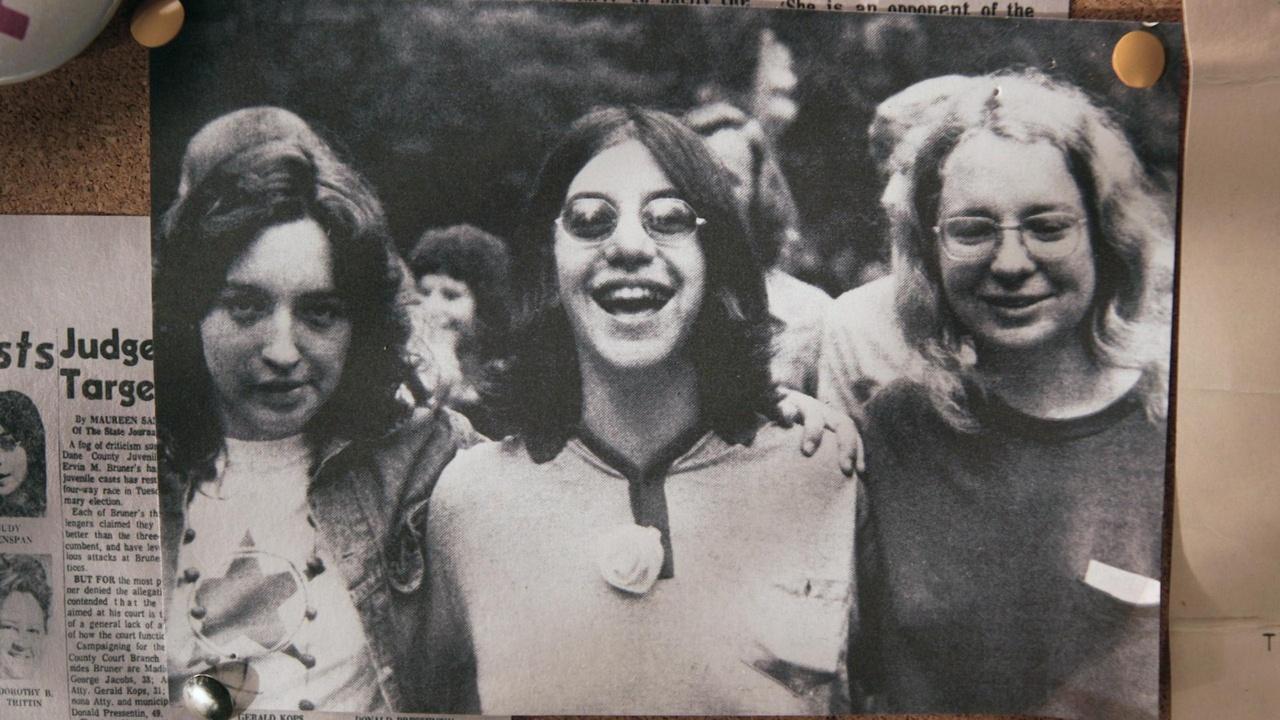
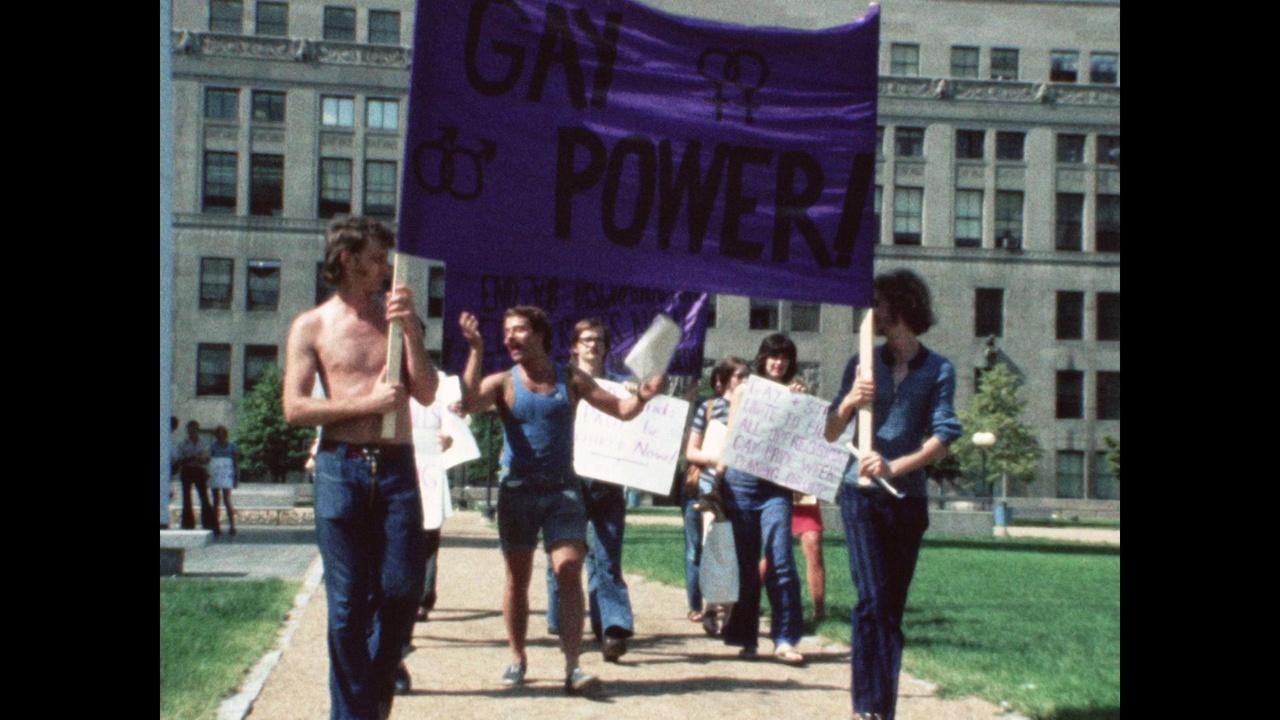

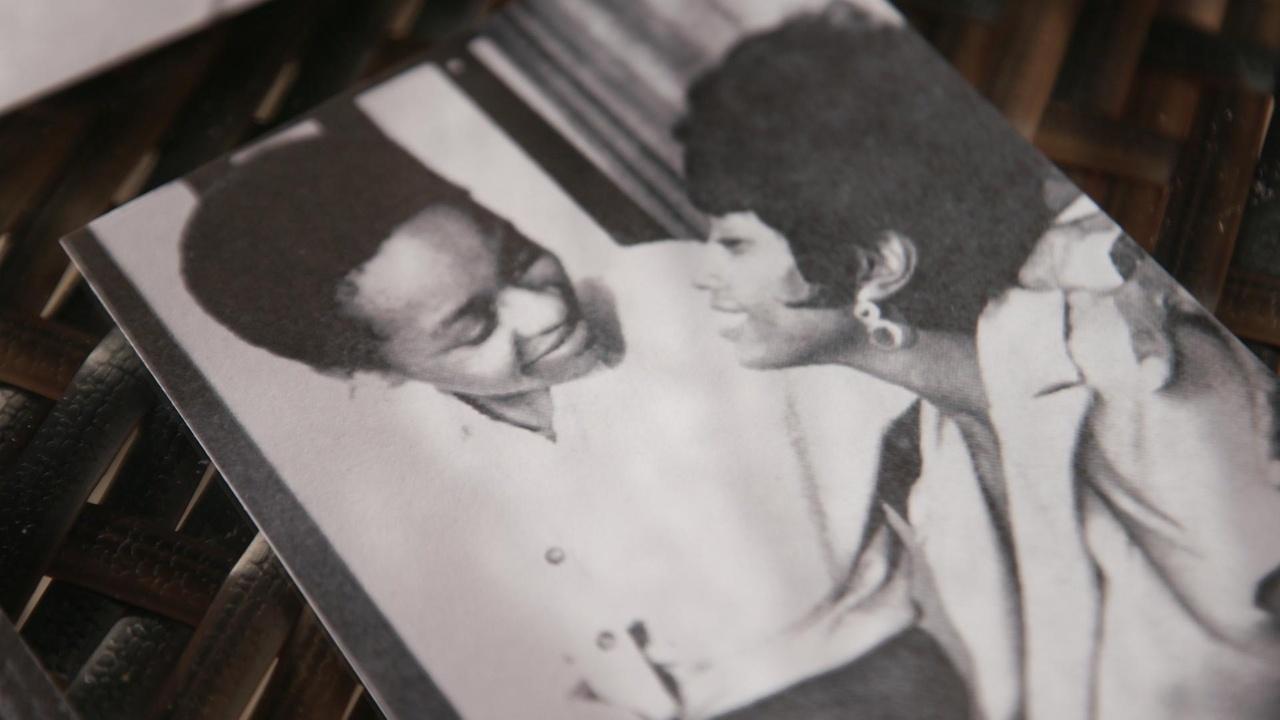
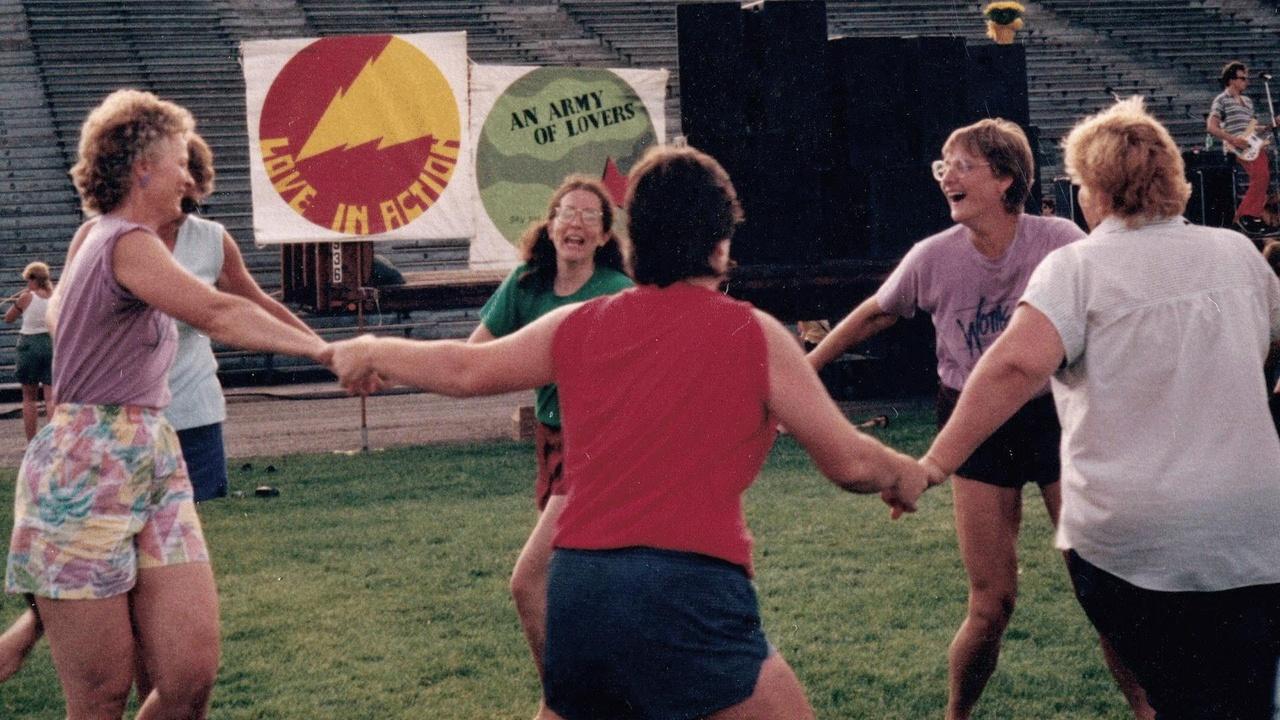
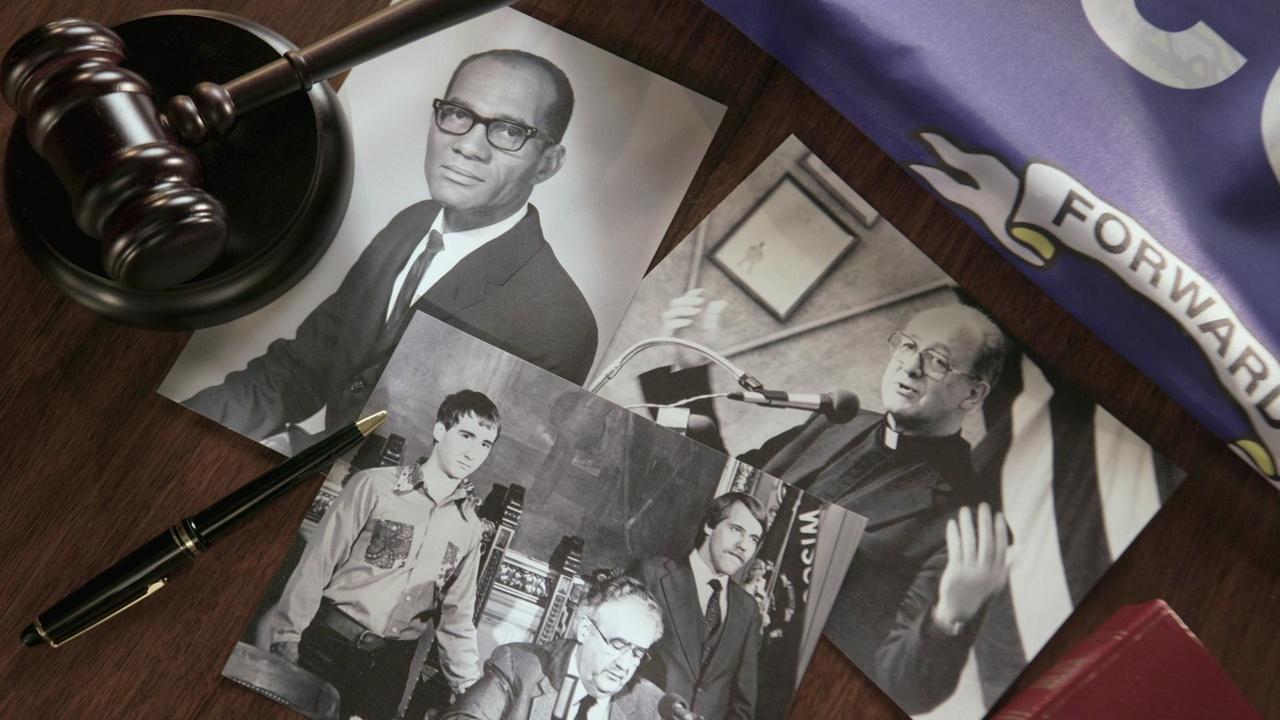
 Passport
Passport






Follow Us